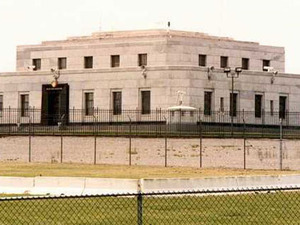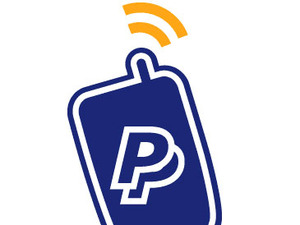Money, from nothing at all
Alchemists of old used to ponder the greatest scientific mystery of mankind - turning lead into gold. It's sad these industrious men and women didn't live in the internet age; we could show them real magic. Through the wonders of ACH, we can move money with nothing but the click of a mouse.Back in the "old" days, you had to wire money. Now, mental imagery of some nutter trying to shove coins into a wire aside, this was a grand inconvenience. You had to know your bank, the receiving bank, the address of the receiving bank, the account name of the receiver, and practically the receiver's blood type, first born child's date of birth and mother's maiden name. For those who got sick of reciting "...and a partridge in a pear tree" to the bank before any money went anywhere, ACH technology must be a blessing.
ACH stands for "Automatic Clearing House," and is a highly used system, particularly for moving large sums of money. If you've ever had your pay check direct deposited into your bank account or sent money to an investment house from your bank, you're already pretty familiar. The beauty of ACH is that it's incredible secure - it's a bank-to-bank transfer, with no middle man or error source in between. Nobody ever lays a finger on a card, coin, or cheque.


Hey Pal...
Unfortunately, the Fort Knox level security of ACH isn't always practical, particularly for smaller purchases. For that, there's another way to go completely card-less and still move money around - internet cash services like PayPal. These services function as a middle man between you and another party, working as a buffer between your bank account and the person you're paying. If you were to send a personal cheque to that guy you just bought your latest "really great deal" on Ebay from, you'd actually be giving out a lot of information - your account name, account address, and bank are all required information. The actual cheque could also be altered, so you can't be 100% sure you only sent the amount you wanted to. Credit cards aren't always practical either, as many people aren't truly merchants who would have the processing capability. Besides, that opens up a different fraud issue, as the person would now have your card number.
If you were to send a personal cheque to that guy you just bought your latest "really great deal" on Ebay from, you'd actually be giving out a lot of information - your account name, account address, and bank are all required information. The actual cheque could also be altered, so you can't be 100% sure you only sent the amount you wanted to. Credit cards aren't always practical either, as many people aren't truly merchants who would have the processing capability. Besides, that opens up a different fraud issue, as the person would now have your card number.Many people don't bother to think of it, but PayPal is really quite a security blanket. The company holds a connection to your bank account or credit card, and you fund your account as necessary. Then, when you purchase from someone, the only information that is provided is your PayPal ID - your bank information and address of record are nicely hidden away. The address you provide the seller could be to anywhere, so there's not even a real guarantee of where you live.
The seller also gets some benefits. First of all, his or her address is shielded just like yours. He's also able to take a payment of a credit card, though he never gets to know that's how you paid. The merchant fees are considerably cheaper than a subscription with one of the payment gateways, which often costs a monthly charge over and above the discount rate. Finally, the payment is instantaneous, so the seller knows that the deal is complete rather than having to wonder if that cheque of yours feels a little rubbery.

MSI MPG Velox 100R Chassis Review
October 14 2021 | 15:04









Want to comment? Please log in.